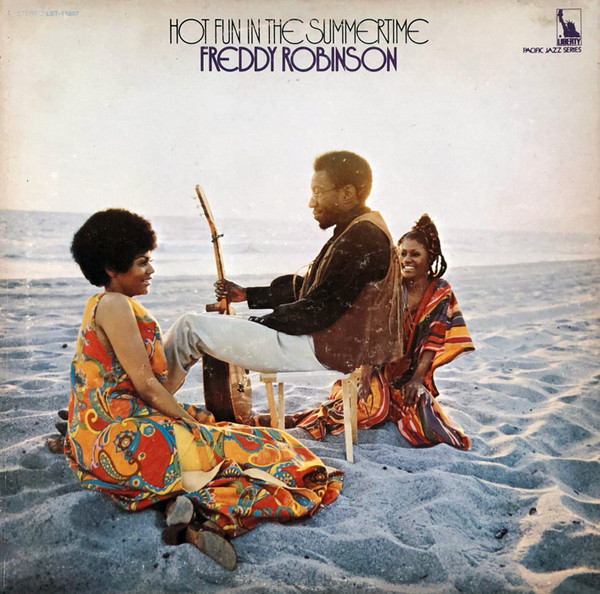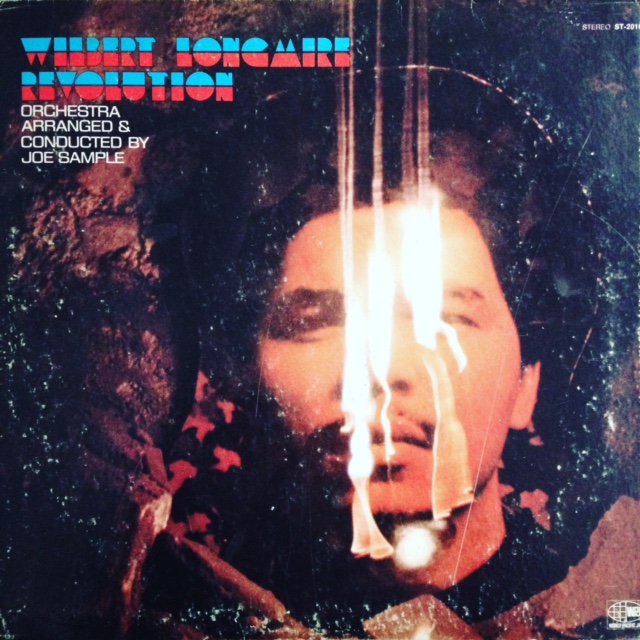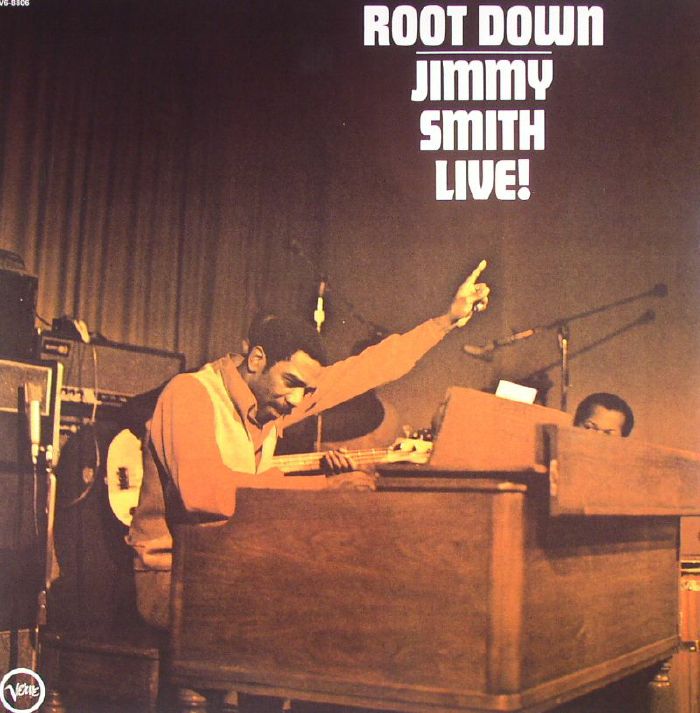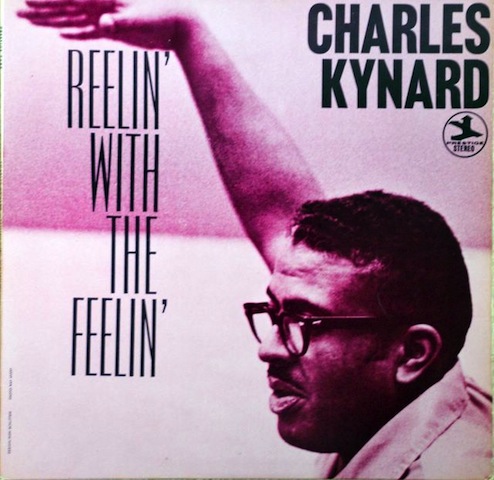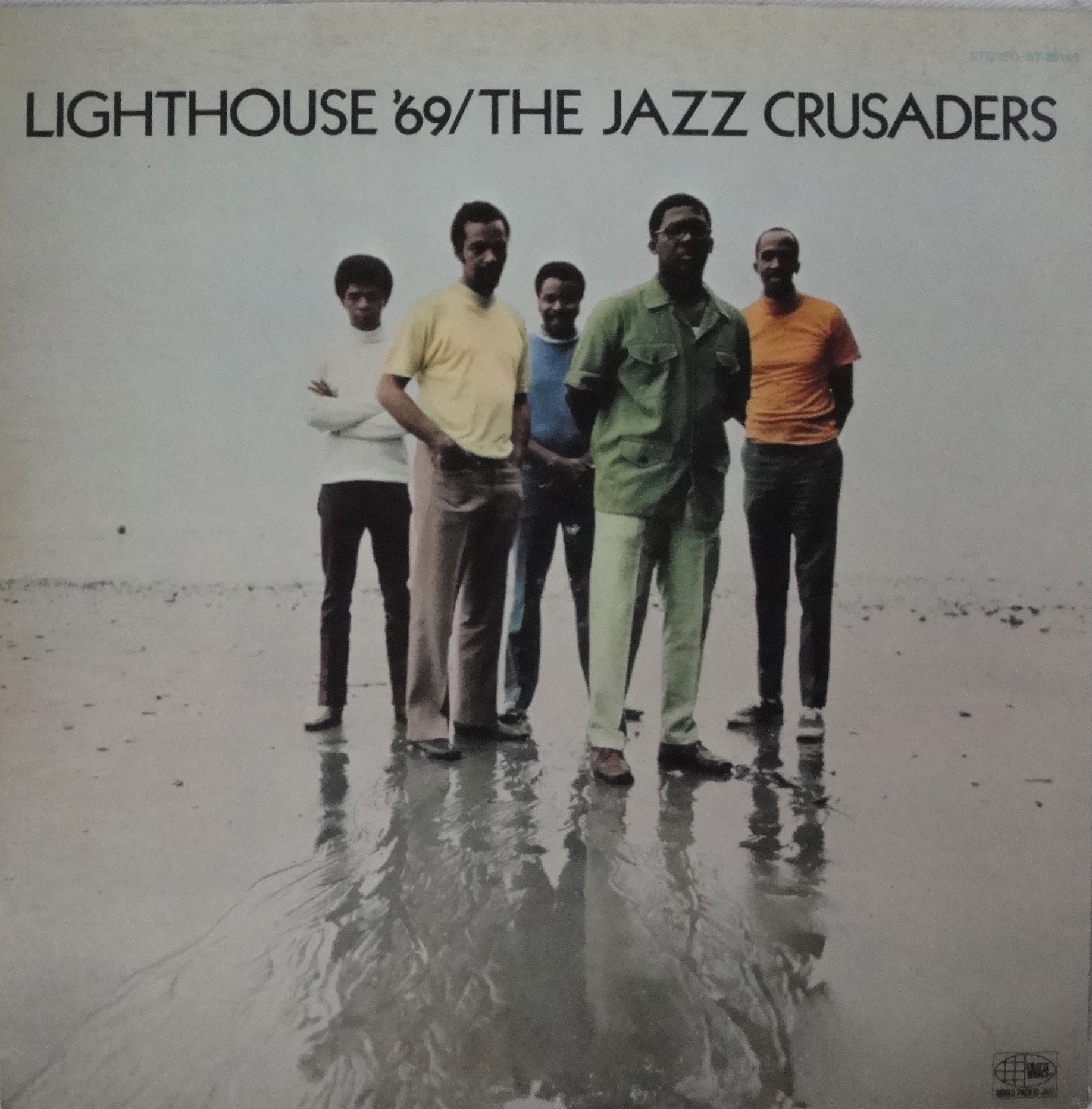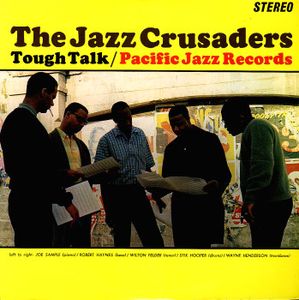Typically versatile exponent of black music got on the good foot in the early 1970’s.
Personnel
Freddie Robinson (guitar), Bobby Bryant & Freddie Hill (trumpet), Bill Green (tenor saxophone), Tom Scott (alto saxophone), Unknown (piano), Al Vascovo (guitar), Wilton Felder (bass), Paul Humphrey (drums), Sid Garp’s String Section (strings), Clydie King, Darlene Love & Edna Wright (vocals)
Recorded
in 1970
Released
as LST-11007 in 1970
Track listing
Side A:
Caprice’s Green Grass
Moonglow
I Want To Hold Your Hand
I’m In Love
Side B:
Hot Fun In The Summertime
Someday We’ll Be Together
Becky’s Rainbow
The Creeper
All you mouse folk, take heed. Special cat sneaked into the Flophouse domain. I remember thinking many moons ago, this guy is way cool! A friend of mine shared the sentiment. We were 17 years old and had just listened to a fellow play hip and funky guitar on a 1972 live record by John Mayall: Blues Fusion. My talented friend copied some of his phrases. The guitarist was Freddie Robinson.
Now here I am writing about Freddie. Freddie’s dead. He passed away in 2009. Seventy years before, Robinson was born in Memphis, Tennessee in 1939, growing into a musician that traveled the roundabout of black music, any other path in a town that spawned as diverse a lot as B.B. King, Ike Turner, Booker T. Jones and George Coleman was highly unlikely. You can hear Mr. Robinson play on Chicago blues classics by Howlin’ Wolf as Spoonful, Back Door Man and Wang Dang Doodle. He was part of the Ray Charles band in Los Angeles. Furthermore, Robinson worked with jazz funk stalwarts The Crusaders and tenor saxophonist Stanley Turrentine. His is a tantalizing blues and funk style with plenty jazz feeling.
Along the way, in 1975, Freddie got religion, muslim faith to be exact, not uncommon in the jazz fraternity, and changed his name to Abu Talib. Still sporting the initials of F.R. in 1970, Robinson recorded his finest solo album Hot Fun In The Summertime, a delicious slice of deep and smooth pop and funk jazz. Both Robinson’s Caprice’s Green Grass and The Creeper bear the mark of the era’s recordings by The Meters, while his Becky’s Rainbow builds on the example of Curtis Mayfield, just so you know what you’re in for.
You’re in for a soulful and crafty album that preeminently ties together good groove, horns, female vocals and strings and highlights a distinctive guitar style, bossy without being arrogant, marked by repetitive blues licks that stoke up the fire, not to mention the sly wah wah and overdrive sound of Sly & The Family Stone’s vivacious pop-funk classic Hot Fun In The Summertime and the sharply articulated licks of The Beatles’ I Want To Hold Your Hold Your Hand. Both covers surpass evergreen Moonglow, which is fine though veers towards easy listening. The fat-bottomed bass of (Jazz) Crusaders saxophonist Wilton Felder deserves special mention.
Not much left to be desired after a working week, standing at the kitchen counter on a Friday evening, pouring a drink, this sophisticated and bluesy axe man’s silky and down-home sounds spilling from the speaker cabinet, you dig…
Listening to Hot Fun In The Summertime on YouTube here and 1972’s At The Drive-In on Spotify below.
